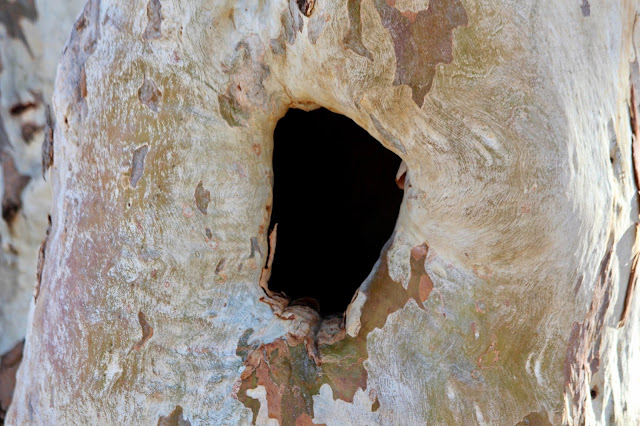Being on country and listening to land are practices that have become increasingly meaningful to us in recent years. We feel called to this, but how do whitefellas like us learn this new way of being? The whole notion can sound pretty foreign when we've been taught, at worst, that land is something to possess and exploit or, at best, something to be admired but still more or less background to our anthropocentric drama.
We've been helped in our understanding and practice by spending time immersed in the ancient land at the heart of Australia, in conversation with others at the two 'Edge of the Sacred' gatherings hosted by Keith Castle and Stella Hayes. These gatherings, held at 'Whitegums' west of Alice Springs, have brought us into contact with elders from the Arrernte community, amazing people like MK Turner, Rex Granites, and Mallie and John Cavanagh. From them we glimpse the possibility of relating to country as 'kin', and ourselves as belonging differently.
This year, we were privileged to deepen our encounter on a five day 'spirit journey' hosted by Alice Springs Uniting Church, led by Stella and Keith and ably organised by Emily Hayes.
As part of this experience eleven of us from all parts went bush with John Cavanagh - 'Anyame'.
We camped in dry river beds and beside deep red sand dunes; we slept under the stars in swags.
John is from rain-dreaming country east of Alice. His land stretches along the edge of the east MacDonnell range and into the Simpson desert, it includes places like Ruby Gap and Arltunga. As we travelled, John shared stories of his life and some of his song lines - Wallaby dreaming, Caterpillar dreaming and Emu dreaming.
Here's the emu's nest.
And here are the two chicks running away from the dingo that attacked old man emu.
'Natural aboriginal art', John called it, and it's not hard to see why.
On the edge of the Simpson, John led us to water... in the rock, 'Moses Rock'!
Silhouetted against
cloudless blue, Moses
struck rock and water flowed.
Anyame picking bush medicine.
'We don't own the land', John says, 'the land owns us'.
Much of John's country is now leased by pastoralists who run cattle and he worries that some are over grazing the land, threatening its fragile ecology.
The play of light and shadow creates an ever-changing landscape and makes for great photos.
Ruby Gap - no rain for seven months and still plenty of water.
One of the things we're recognising is that formation in this new way of being does not happen all at once. The land is old and indigenous Australians have belonged here for millennia, their knowledge is passed on when the time is right and the student ready. To know and be known is a journey of discovery that cannot be rushed.
Meanwhile,
sharing stories around the campfire,
being present and patient,
we learn to listen. . .


















































